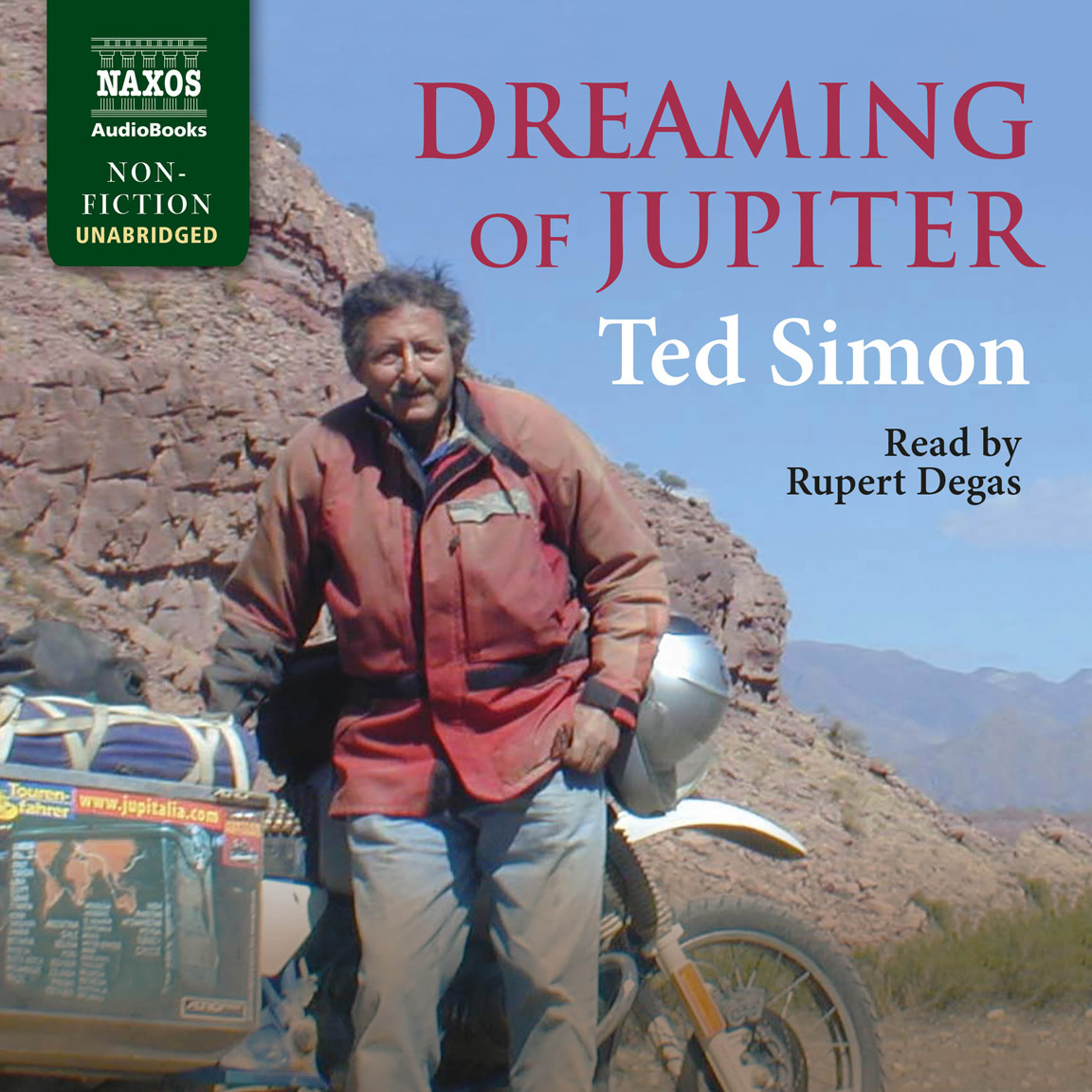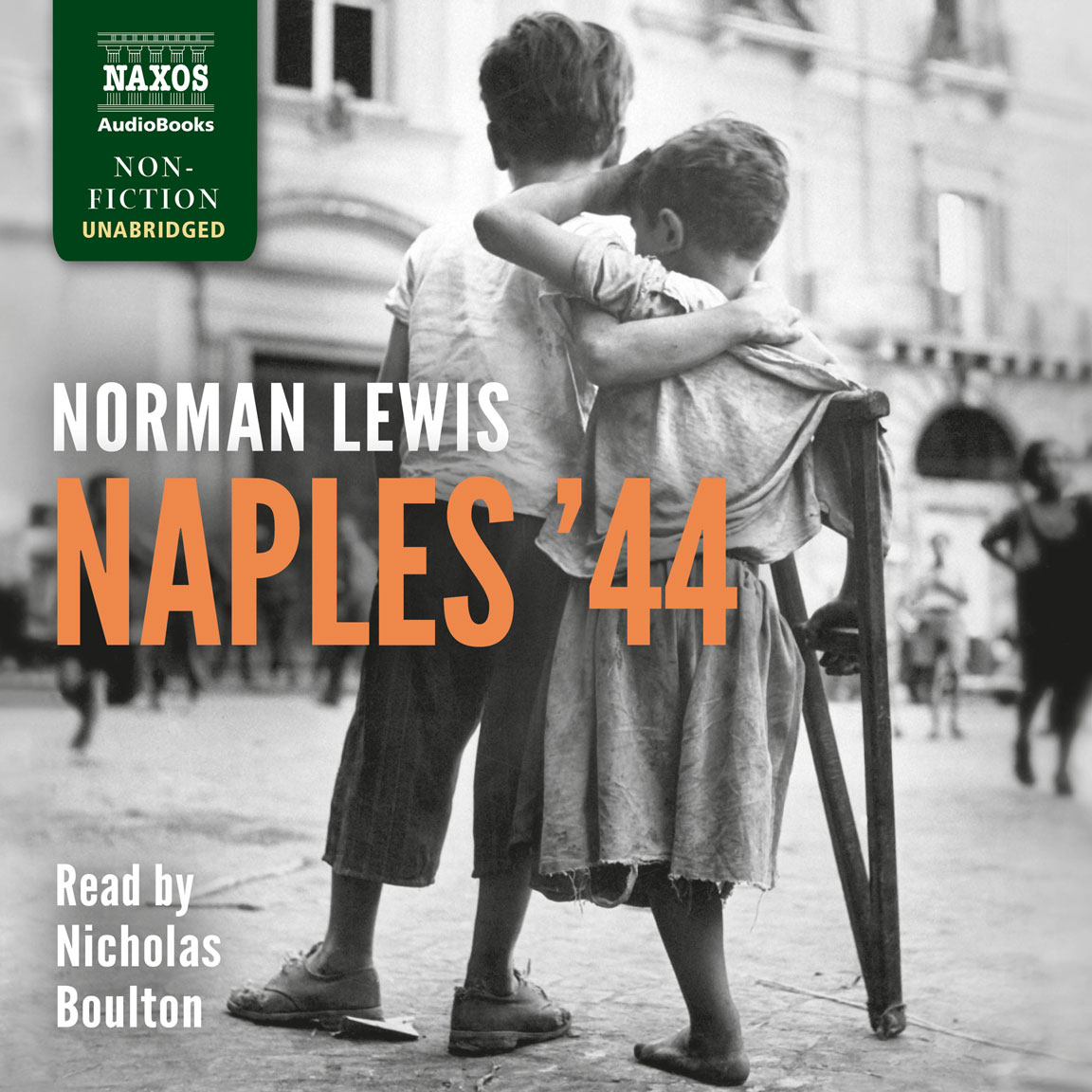
Audio Sample
Wilfred Thesiger
The Marsh Arabs
Read by Laurence Kennedy
unabridged
For a period of seven years, Wilfred Thesiger canoed through the marshes at the confluence of Iraq’s Tigris and Euphrates rivers, living among the native Madan tribes and their islands made of reeds. Now extinct, their ancient way of life is speculated to have existed for 5,000 years, going back to the days of ancient Sumer, and possessed a unique culture found nowhere else in the Middle East. Thesiger documents the tribes’ conflicts, traditions, cuisine, relationships, justice systems and art, and reveals how they built their unique water-borne society, with its beautiful canoes (taradas) and stately guest houses (mudhifs) – it is a remarkable familiarity gained through Thesiger’s innate understanding of tribal ritual and etiquette, and the trust he earned through the use of a basic medical supply kit that he brought along with him. Poetic and immersing, The Marsh Arabs brings alive the sights, sounds and smells of the marshes, and a culture that has now vanished forever.
-
Running Time: 8 h 11 m
More product details
Digital ISBN: 978-1-78198-183-2 Cat. no.: NA0333 Download size: 188 MB Produced by: John Foley Edited by: Andrew Riches BISAC: TRV015000, TRV010000 Released: December 2018 -
Listen to this title at Audible.com↗Buy on CD at Downpour.com↗Listen to this title at the Naxos Spoken Word Library↗
Due to copyright, this title is not currently available in your region.
You May Also Enjoy
Reviews
Laurence Kennedy brings appropriate vigour and briskness to the narration of Thesiger’s classic account of living with Arab tribes in southern Iraq in the 1950s. The account is spare, quick moving and unsentimental. Kennedy’s deep voice, crisp enunciation and British accent are engaging, and he renders the sense of the text naturally and unaffectedly while imbuing it with quiet drama and a sense of Thesiger’s intrepidity, openness and humanity. Most of the Arabs come and go too frequently for Kennedy to assign them individual character traits, but he uses gruffness and/or the slightly formal tone of the non-native English speaker to indicate their speech, which works well. Thesiger’s unique record of this vanished culture is well served by Kennedy’s smart, deft performance.
W.M., AudioFile




